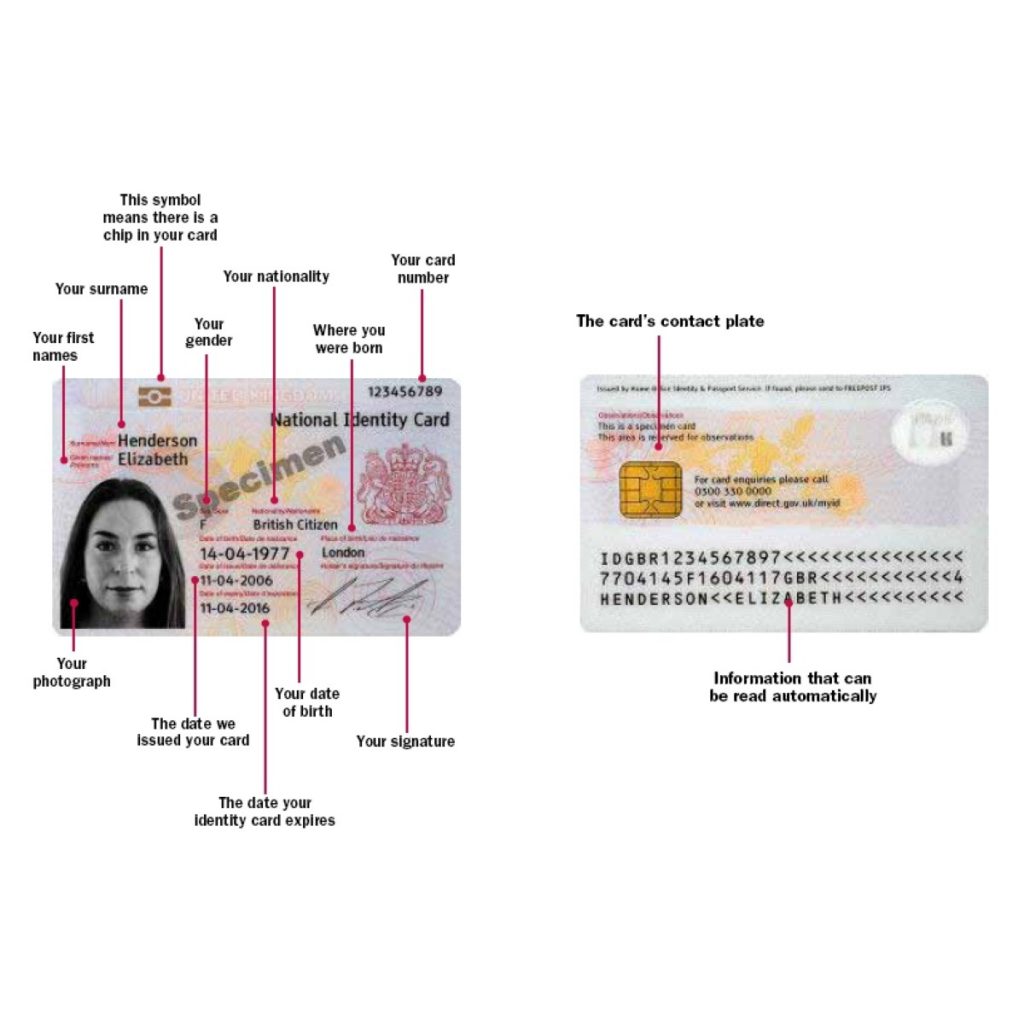How the SNP plans to secretly introduce ID cards
For weeks now a row has been rumbling in Scotland about plans to introduce ID cards by the back door. Is it true? And if so, how is the SNP getting away with it?
The SNP plan is not a direct example of ID cards, but it does appear to put in place all the infrastructure necessary to create them – from a unique number allocated to citizens at birth, to information sharing about people's home address and use of public services or benefits, to the creation of a physical card itself. None of these things alone are necessarily problematic, but put them together and you have a plan which is almost identical to Labour's ID cards scheme.
The difference is that Labour's plans were at least going to be subject to a vote in parliament. The SNP's plans will not feature in primary legislation at all. There will be no debate on their implementation in Holyrood. Campaigners say even the consultation was deeply misleading.


Nicola Sturgeon, SNP leader. The party is pressing ahead with ID database plans.
Here's how the Scottish government is doing it:
The NHS customer database already exists. The National Health Service Central Register contains information about who is born, dies or goes on a general medical practitioners list in Scotland. It does not include medical information, apart from for cancer patients or those participating in studies.
The register assigns people a unique identifier number at birth called the unique citizen reference number. This number is actually used across the UK. Ironically, it was originally imported during the birth of the NHS from the ID cards people were forced to use during the war.
The unique citizen reference number will be tagged to Scots' 'entitlement card'. This card offers concessions on public transport, allows people to access services like the local leisure centre or library, and also functions as a proof-of-age.
The SNP has given itself powers to combine all this data. It would open up all this information – people's address, their NHS data and the services they use – to every single Scottish public body. That is a very long list of organisations. It includes, for instance, Glasgow Airport and the publicly-owned Caledonian Maritime Assets Ltd. It means that anytime you sign up to a new GP, for instance, officials could know that you still have books overdue at the library.
If the plans go through as currently envisioned, organisations such as Scottish Canals, Quality Meat Scotland, the Forestry Commission and the Drinking Water Quality Regulator would potentially have access to information about when people last went for a swim or visited their GP. Eventually the number could link up all sorts of activities, from tax returns to travel passes.

Fancy a swim? Information sharing plans mean public organisations may know about Scots' use of the local leisure centre
The Scottish government insists the organisations handling the data "have in place data-sharing agreements to ensure appropriate processes are put in place". However, the purposes are not specified and the safeguards are not written into law. It appears it is up to the organisations themselves to write up their own safeguards.
The Scottish government insists the powers are limited, but critics say the use of the data-sharing would increase once it is implemented, bringing in other organisations and including new information. With such widespread official use, the unique citizen reference number would become a de-facto national identity number. If attached to the entitlement card, it would become a de-facto national ID card.
The SNP's plans are a complete U-turn on their previous commitments. Once upon a time the party held meetings with data protection authorities and were warned against single identifiers, like the unique citizen reference number, which connect people's data together in one bundle. The SNP signed up to those guidelines in 2010 and then maintained them, albeit with some revisions, in 2014.
This was par for the course for a party which has usually had a healthy respect for privacy. After all, it strongly opposed Labour's ID cards plans in 2006. But somewhere along the line the party did what many governing parties do and started to retreat from the civil liberties positions it held in opposition. It is now promoting a plan which in many respects goes beyond what Labour proposed a decade ago.

Labour's ID cards: Opposed by the SNP
Opponents say the consultation into the plans has been highly misleading. It did not "provide a full picture of the implications of the proposals" and failed to explain the data-sharing arrangements, "making it impossible to assess their implications".
The plans won't even go through as primary legislation, meaning there will be no debate on them in Holyrood. The Liberal Democrats tried to change this and managed to force a vote on the issue. The SNP squeaked a victory by 65 votes to 60, but it was a panicked one which saw them have to call minister Aileen Campbell back from maternity leave.
Now the Information Commissioner's Office has stepped in, warning that the use of postcodes in the database would be a "shift away from the current consensual model" on data collection, that the proposals breach UK and EU law, and that the unique identifier number is indeed the first step on the road to ID cards. It demanded that the plans be "subject of proper debate", "be accompanied by suitable safeguards" and not "just happen by default".
For the time being, that seems unlikely. The Scottish government appears intent on pressing ahead with the plans with a minimum of scrutiny. Time will tell if there will be a sufficient public outcry to force them to think again.













